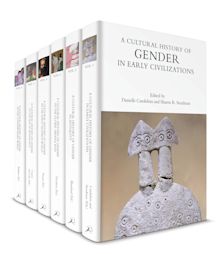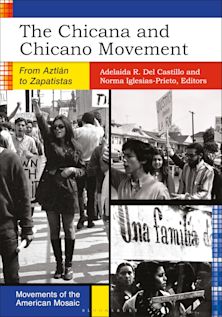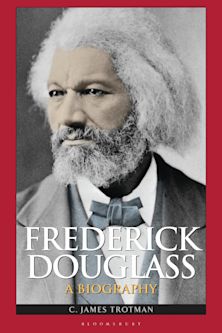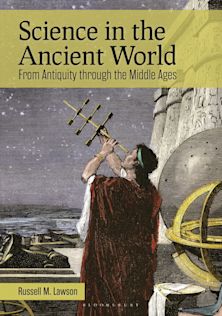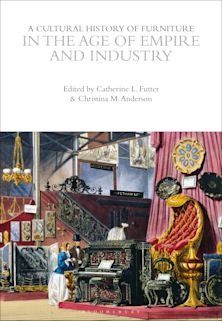Gender, Sexuality, and Power in Latin America since Independence
William E. French (Anthology Editor) , Katherine Elaine Bliss (Anthology Editor) , Eduardo P. Archetti (Contributor) , Ann S. Blum (Contributor) , Alejandra Bronfman (Contributor) , Arlene J. Díaz (Contributor) ,
- Textbook
Gender, Sexuality, and Power in Latin America since Independence
William E. French (Anthology Editor) , Katherine Elaine Bliss (Anthology Editor) , Eduardo P. Archetti (Contributor) , Ann S. Blum (Contributor) , Alejandra Bronfman (Contributor) , Arlene J. Díaz (Contributor) ,
- Textbook
This product is usually dispatched within 1 week
- Delivery and returns info
-
Free CA delivery on orders $40 or over
Description
Featuring the original primary research of a number of leading scholars, this innovative volume integrates gender and sexuality into the main currents of historical interpretation concerning Latin America. The book argues that gender and sexuality—rather than simply supplementing existing explanations of political, social, cultural, and economic phenomena—are central to understanding these processes. Focusing on subjects as varied as murder, motherhood and the death penalty in early Republican Venezuela, dueling in Uruguay, midwifery in Brazil, youth culture in Mexico, and revolution in Nicaragua, contributors explore the many ways that gender and sexuality have been essential to the operation of power in Latin America over the last two hundred years. The linked questions of agency, identity, the body, and ethnicity are woven throughout their analysis. By analyzing a rich array of medical, criminological, juridical, social scientific, and human rights discourses throughout Latin America, the authors challenge students as well as scholars to reconsider our understanding of the past through the lenses of gender and sexuality. Making the case for the centrality of gender and sexuality to any study of political and social relations, this volume also will help chart the future direction of research in Latin American history since Independence.
Table of Contents
Chapter 2 Vicenta Ochoa, Dead Many Times: Gender, Politics, and a Death Sentence in Early Republican Caracas, Venezuela
Chapter 3 Madame Durocher's Performance: Cross-Dressing, Midwifery, and Authority in Nineteenth-Century Rio de Janeiro, Brazil
Chapter 4 Mismeasured Women: Gender and Social Science on the Eve of Female Suffrage in Cuba
Chapter 5 "Such a Strong Need": Sexuality and Violence in Belem Prison
Chapter 6 "Gentlemanly Responsibility" and "Insults of a Woman": Dueling and the Unwritten Rules of Public Life in Uruguay, 1860-1920
Chapter 7 Work, Sex, and Power in a Central American Export Economy at the Turn of the Twentieth Century
Chapter 8 Dangerous Driving: Adolescence, Sex, and the Gendered Experience of Public Space in Early-Twentieth-Century Mexico City
Chapter 9 Doctoring the National Body: Gender, Race, Eugenics, and the "Invert" in Urban Brazil, ca. 1920-1945
Chapter 10 Masculinity, Primitivism, and Power: Gaucho, Tango, and the Shaping of Argentine National Identity
Chapter 11 Gender, Sexuality, and Revolution: Making Histories and Cultural Politics in Nicaragua, 1979-2001
Chapter 12 Gendering the Space of Death: Memory, Democratization, and the Domestic
Chapter 13 Appendix: Mexican Internet Sites for Gender and Sexuality
Product details
| Published | Nov 06 2006 |
|---|---|
| Format | Hardback |
| Edition | 1st |
| Extent | 318 |
| ISBN | 9780742537422 |
| Imprint | Rowman & Littlefield Publishers |
| Dimensions | 237 x 163 mm |
| Series | Jaguar Books on Latin America |
| Publisher | Bloomsbury Publishing |
Reviews

ONLINE RESOURCES
Bloomsbury Collections
This book is available on Bloomsbury Collections where your library has access.













